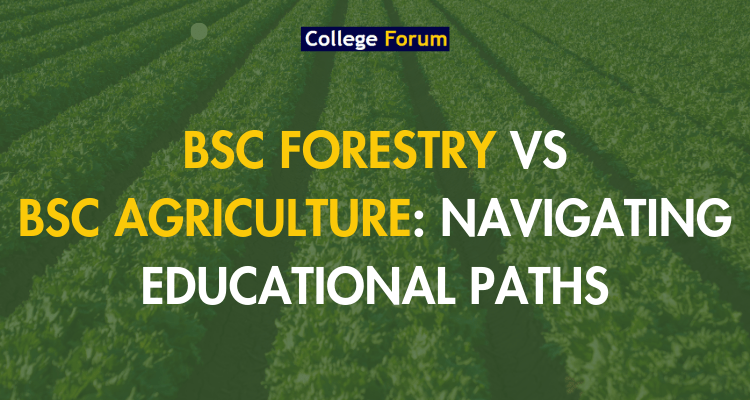Demystifying Data Structures: A Beginner’s Guide for BCA Students
In the dynamic realm of computer science, mastering data structures is akin to unlocking the secrets of efficient and optimized coding. For BCA (Bachelor of Computer Applications) students, delving into the world of data structures is not just a prerequisite; it’s a key element in building a strong foundation for a successful career in technology. In this guide, we’ll navigate through the intricacies of data structures, emphasizing the importance of understanding them in the context of BCA education. Understanding the Basics: Data structures are the fundamental building blocks of any computer program. They are tools that enable the efficient organization and storage of data, facilitating quick and effective operations. For BCA students at the Best BCA Colleges in Dehradun, a solid grasp of data structures is crucial for tackling complex programming challenges. Why Data Structures Matter: Optimized Performance: Data structures are designed to enhance the efficiency of algorithms, ensuring that operations on data are performed with minimal time and space complexity. Problem-Solving Prowess: BCA students at the Best BCA Colleges in Dehradun benefit from data structures in honing their problem-solving skills. Whether it’s searching, sorting, or retrieving information, a sound understanding of data structures is indispensable. Key Data Structures Every BCA Student Should Know: Arrays and Linked Lists: The basics of storing and organizing data efficiently. Stacks and Queues: Understanding how these structures manage data in a Last In, First Out (LIFO) or First In, First Out (FIFO) manner. Trees and Graphs: Exploring hierarchical structures that represent relationships between data points. Navigating the Learning Process: For BCA students seeking to unravel the mysteries of data structures, the Best BCA Colleges in Dehradun offer structured courses that delve into the theoretical concepts and practical implementations. However, the learning experience extends beyond the classroom. Leveraging College Forums for Guidance: The journey to understanding data structures is often smoother with guidance from experienced peers and professionals. College forums associated with the Best BCA Colleges in Dehradun serve as invaluable platforms for seeking advice, sharing insights, and collaborating on projects related to data structures. Career Scopes in Data Structures: Proficiency in data structures opens up a plethora of career opportunities for BCA graduates. From software development to database management, BCA students equipped with a solid understanding of data structures are well-positioned to thrive in the ever-evolving IT industry. In conclusion, for BCA students at the Best BCA Colleges in Dehradun, demystifying data structures is a transformative journey. Embracing the basics, honing problem-solving skills, and leveraging the support of college forums pave the way for a successful and rewarding career in the vast landscape of computer applications. As you embark on this educational adventure, remember that mastering data structures is not just about coding – it’s about shaping the future of technology.
Demystifying Data Structures: A Beginner’s Guide for BCA Students Read More »








